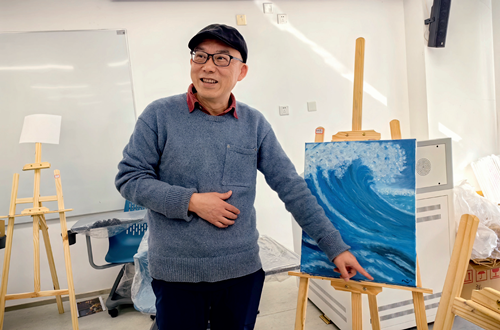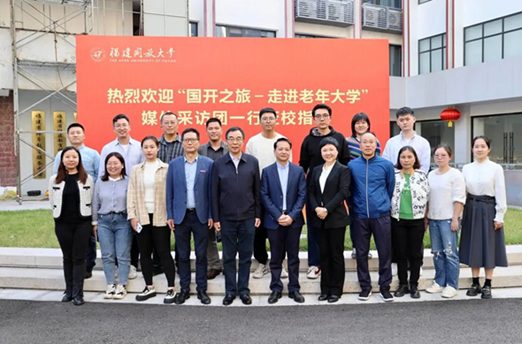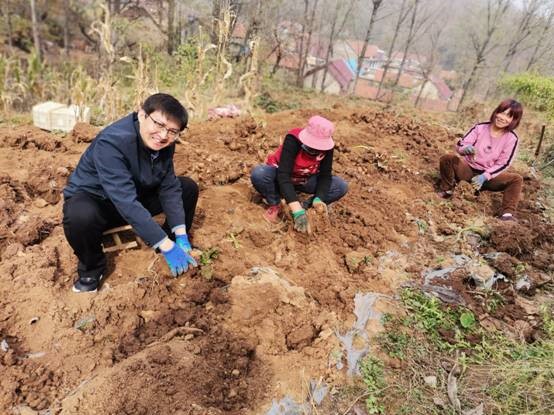On 26 April 2024, the general opening ceremony for the 2024 National Lifelong Learning Activity Week was held in Shenyang City, Liaoning Province.
According to the Chinese Ministry of Education (MOE), a reporter from People’s Daily stated that China's Lifelong Education Platform, with over 6.8 million registered users, has provided services for nearly 60 million visits to lifelong learners from over 200 countries and regions worldwide since its launch in May 2022.
In Hangzhou, a city in Zhejiang Province, residents have access to comprehensive "one-stop" learning services, establishing a "15-minute learning circle" within urban districts.
 “I seem to have been back in my university days," said Han Yafei, expressing her joy about attending classes at the Seniors University of China (SUC). "I feel younger."
“I seem to have been back in my university days," said Han Yafei, expressing her joy about attending classes at the Seniors University of China (SUC). "I feel younger."
The recent OUC Smart Teaching Workshop and Summary on the Pilot Project on Artificial Intelligence Empowering English Smart Teaching Reform received an enthusiastic response, characterised by a lively atmosphere.
As the New Year of 2024 approaches, learning activities in senior universities nationwide for the 2023 school year are wrapping up, and enrollment for the spring semester of 2024 is underway.
 From the 27th of November to the 3rd of December, 2023, the Open University of China (OUC) organised a delegation of media reporters to attend an “OUC Tour” to explore the senior universities in Fujian.
From the 27th of November to the 3rd of December, 2023, the Open University of China (OUC) organised a delegation of media reporters to attend an “OUC Tour” to explore the senior universities in Fujian.
 “Over the next two years, I am committed to working with dedication and sincerity, striving to do more for the common people and make tangible contributions to the village,” Yan Guangrong resolved to himself on his first day in Xujiayu Village.
“Over the next two years, I am committed to working with dedication and sincerity, striving to do more for the common people and make tangible contributions to the village,” Yan Guangrong resolved to himself on his first day in Xujiayu Village.